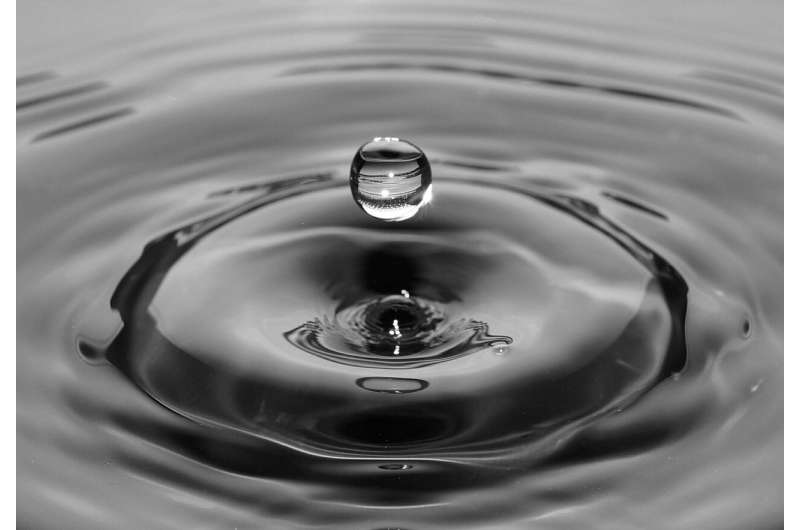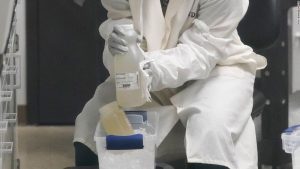

In Nigeria, about 90% of water available for drinking is sourced from boreholes, or deep, narrow wells that tap into naturally occurring underground water. A recent study in Environmental Toxicology & Chemistry found that microplastics (MPs) are abundant in the drinking water of these boreholes.
MPs—fragments of any type of plastic less than 5 mm in length—were found in borehole water and sediments at all 11 locations investigated in Lagos Island, Nigeria. Areas with high industrial activity had higher levels of MPs than areas with less industrial activity and lower population densities.
“The rate of degradation of these polymers is exceedingly low (depending on the environmental conditions and MP type), which will result in the increased accumulation of these MPs in the borehole drinking water with time,” the authors wrote. “The risks associated with MPs are predominantly caused by the combination of these materials’ persistence and their potential accumulation in food chains.”
Study provides methods for obtaining source apportionment of soil heavy metals
Investigating the occurrence of microplastics in borehole drinking water and sediments in Lagos, Nigeria, Environmental Toxicology and Chemistry (2022). DOI: 10.1002/etc.5350
Citation:
Are microplastics pervasive in Nigerian drinking water? (2022, May 18)
retrieved 18 May 2022
from https://phys.org/news/2022-05-microplastics-pervasive-nigerian.html
This document is subject to copyright. Apart from any fair dealing for the purpose of private study or research, no
part may be reproduced without the written permission. The content is provided for information purposes only.

